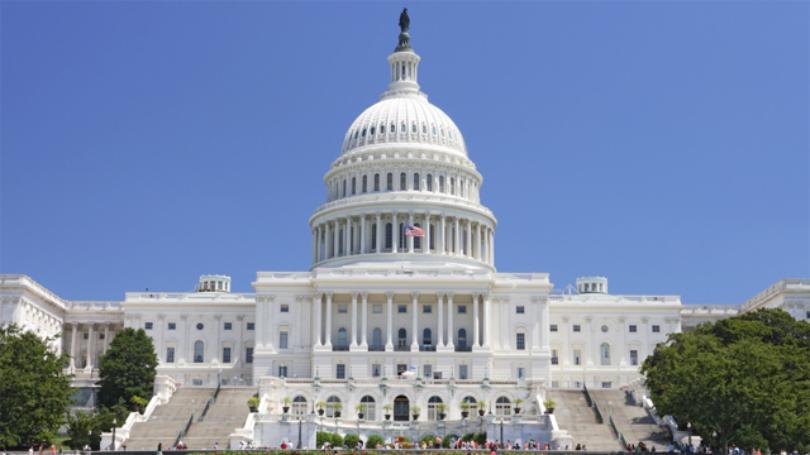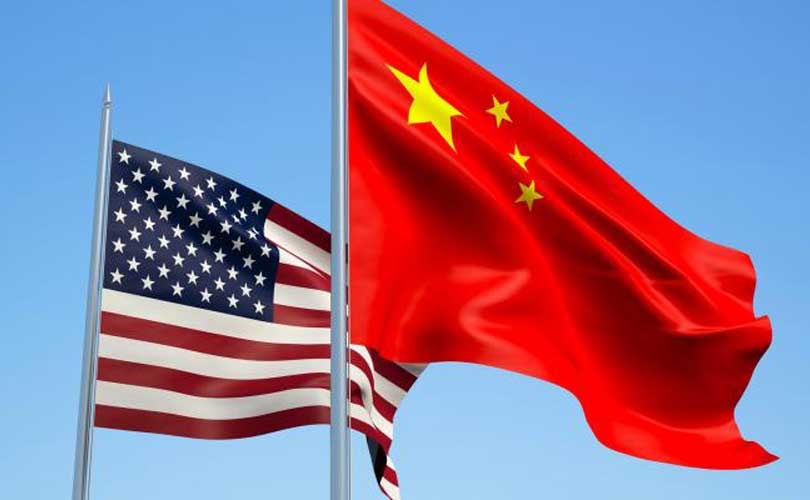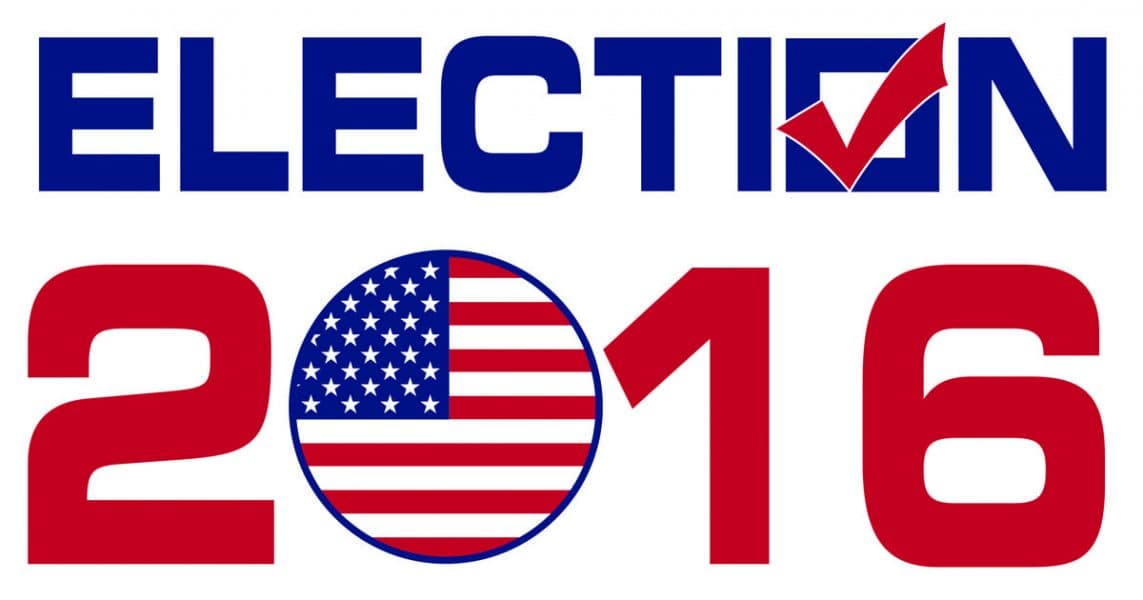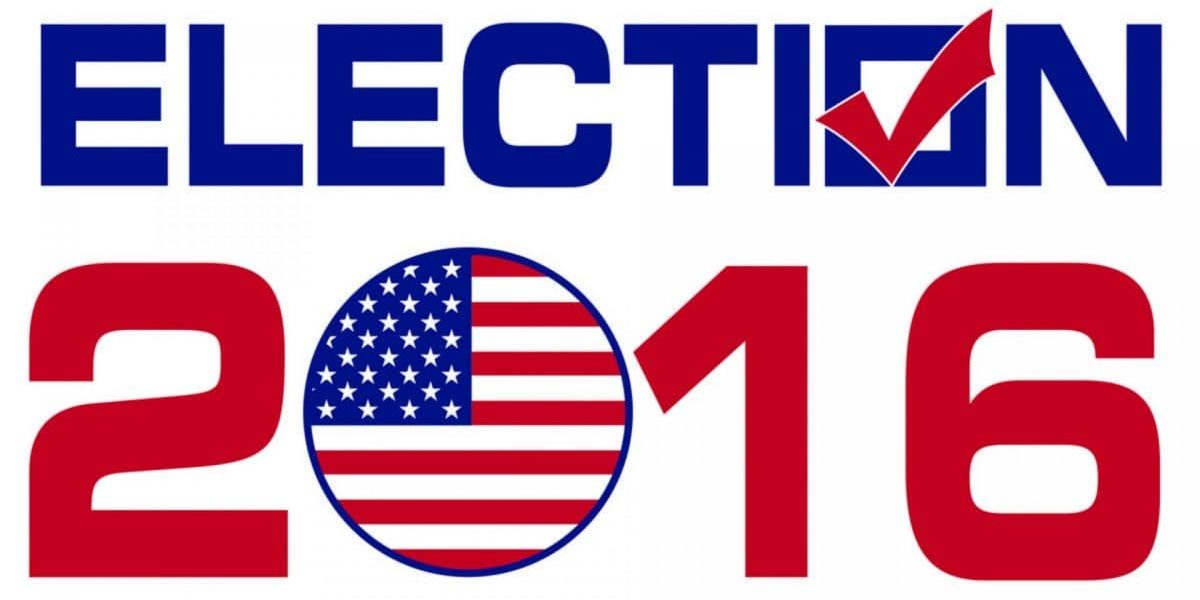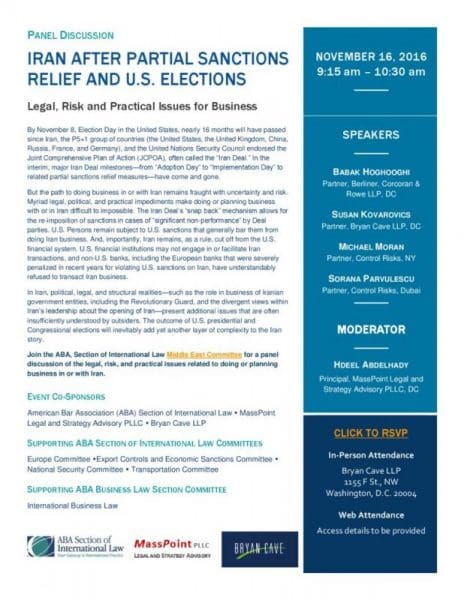U.S. Senators Raise National Security Concerns About Foreign Investment in U.S. Real Estate
On May 17, 2017, U.S. Senators Ron Wyden (D-OR), Claire McCaskill (D-MO), and Sherrod Brown (D-OH)—respectively ranking members of the Senate Finance; Homeland Security and Government Affairs; and Banking, Housing, and Urban Affairs Committees of the U.S. Senate—asked the Government Accountability Office (GAO) to review the approach taken by the Committee on Foreign Investment in the United States (CFIUS) to foreign investment in U.S. real estate and to "assess whether and how CFIUS addresses the full range of national security challenges such transactions may pose." (The Senators' letter to the GAO is below). Specifically, the Senators have asked the GAO to examine a number of issues aimed at assessing the extent to which applicable regulations and the CFIUS process capture real estate transactions, the percentage of foreign acquisitions of U.S. real estate that have "filed" for CFIUS review, and the information and processes used by CFIUS to assess national security issues raised by foreign acquisitions of U.S. real estate.

